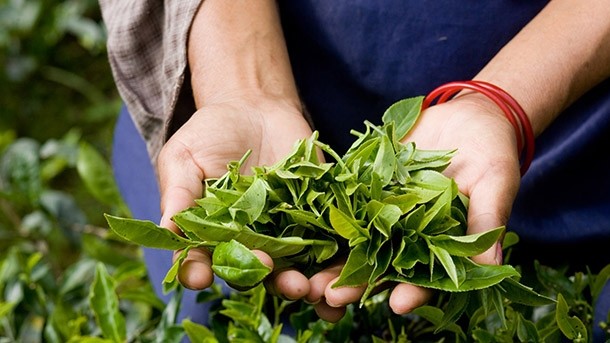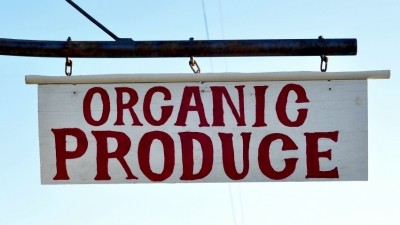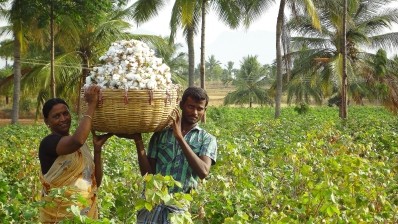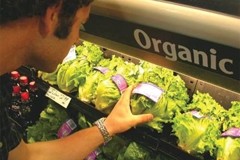Indian farmers should fill home and overseas void by going organic

The study, by analysts TechSci Research, also found that much of this growth will come on the back of greater accessibility by consumers to organic foods, now that a number of conventional retail giants and online retailers have been investing heavily in the area.
While metro cities account for the biggest organic market, an earlier report found that demand has also been rising quickly in smaller cities and towns.
Earlier this year, Morarka Rural Research Foundation surveyed 1,000 consumers in 10 cities, including Nagpur, Allahabad and Gorakhpur, and found that around 30% preferred organic products, and were willing to pay up to 20% more for such produce.
However, India isn’t doing as much as it should to boost organic production, which is in no small way hampering its potential for growth.
Land shortfall
With around 4.2m hectares of land available that is certified for organic farming, but an even wider tract of land is available for organic farming, but is not certified for the purpose. According to TechSci Research, much of the reticence among food producers to go organic stems from the amount of documentation required to do so.
They would be well advised to consider making the move, though, on account of the demand for organic food in the United States, Europe and Japan – countries that are looking towards developing countries like India to meet their requirements, the report says.
“The availability of different types of organic products, less dependency on chemical fertilizers, increasing government initiatives for promoting organic farming and increasing investments by corporate giants are together likely to push the market for organic foods in India,” said Karan Chechi, TechSci’s research director.
Boundless possibility
The Associated Chambers of Commerce and Industry of India (Assocham) in May estimated that the value of the organic food market will grow to Rs6,000cr (US$970m) by 2015.
What’s more, the number of consumers in metro cities has almost doubled over the last five years, making organic a boom segment with the potential to coax producers into farming the redundant land and filling demand from Western consumers.
"Organic farming is one of the fastest growing industries in the last year, thanks to higher disposable incomes, rising health consciousness level have increased demand for organic food,” said Assocham’s secretary general, DS Rawat, at the time.
It could also create millions of jobs by spurring over 30% more employment per hectare compared to non-organic farming, he added.
















